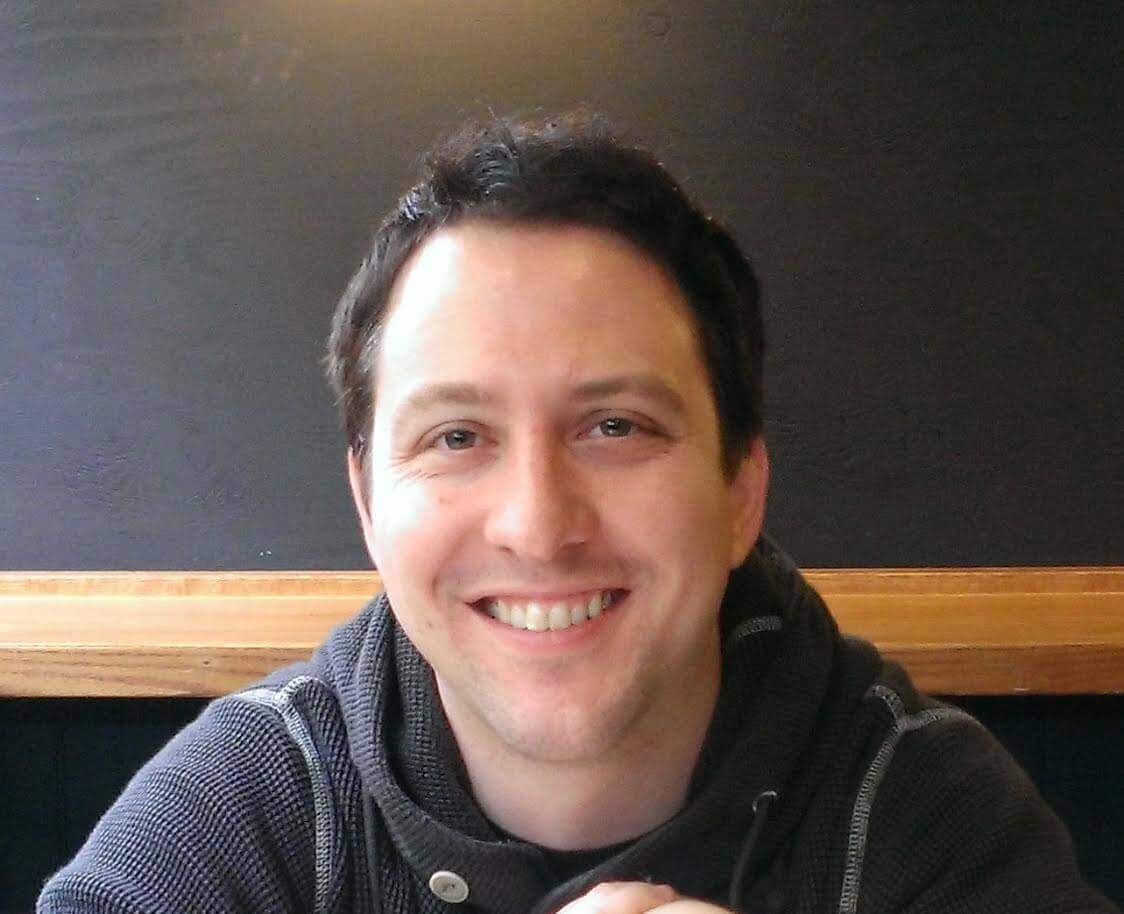Contributor Spotlight: Chad Koch
 Chad Koch’s story “Lost Boys” appears in Midwestern Gothic‘s Winter 2018 issue, out now.
Chad Koch’s story “Lost Boys” appears in Midwestern Gothic‘s Winter 2018 issue, out now.
What’s your connection to the Midwest, and how has the region influenced your writing?
I grew up in Whitewater, Wisconsin which is a small university town near Madison. The region has definitely infused my writing with setting. In the Midwest outside feels so different than inside. The sky is so big, the weather and climate so different. Often times when you go outside you are alone, you do it to get away from people.
What do you think is the most compelling aspect of the Midwest?
There are so many towns – not suburbs. These towns are self-contained, not interconnected—they have one high school with the town mascot, the two diners that everyone goes to, and usually there is the one unique thing about that town that makes it just different enough from the town next door, like a really old water tower or some strange historical event. So many people in the Midwest spend their entire lives in these towns – seeing the world from television – it gives me claustrophobia. But I also think about their lives a lot. I think a big choice (perhaps more and more in the current generations) is whether to leave these towns/the Midwest for good after college or high school – I think a lot of Midwesterners face that choice at least once in their lives.
How do your experiences or memories of specific places—such as where you grew up, or a place you’ve visited that you can’t get out of your head—play a role in your writing?
Again I think the setting plays a big role, especially in my stories about childhood and adolescence. I can’t even imagine what it would be like growing-up in San Francisco – do you even get the same urge to leave – to move to something bigger – to see what’s beyond your town?
Discuss your writing process — inspirations, ideal environments, how you deal with writer’s block.
I’ve found that writer’s block can be cured by changing focus from “I need to write a story” to “let’s just write 1500 words today”. I was actually against this idea for a while because I thought I’d just be wasting time, but I recently did Nanowrimo and it helped me finish my novel. In a lot of ways just get something – anything—on the page moves things forward. Switching to word count also stifles your inner critic because now you measure yourself by a number of words which is black and white (you either hit your word count or you don’t).
How can you tell when a piece of writing is finished?
That’s a fun question! Never? I find that as I write more and publish more, it becomes easier to tell. I do think it’s best to write a draft until you feel it’s ready and then wait a couple weeks. Then reread it and see it with fresh eyes.
Who is your favorite author (fiction writer or poet), and what draws you to their work?
I don’t know if I have favorite authors, just some that seem to speak to me more at different times in my life. For my novel Christie Hodges’ Elegies of the Brokenhearted really spoke to me as well as (more obviously) Edmund White’s A Boy’s Own Story. A continual favorite author to read is Junot Diaz and Yukio Mishima — very different from my own work, but they write stories in ways I can’t, and I always find it fascinating when someone thinks/tells stories completely different from you.
What’s next for you?
Currently, I’m working on revising my novel and rounding out my short story collection with two new stories.
Where can we find more information about you?
I spend a lot of time running my literary journal and press, Foglifter. We have our first chapbook coming out this year so we’re quite busy. www.foglifterjournal.com






